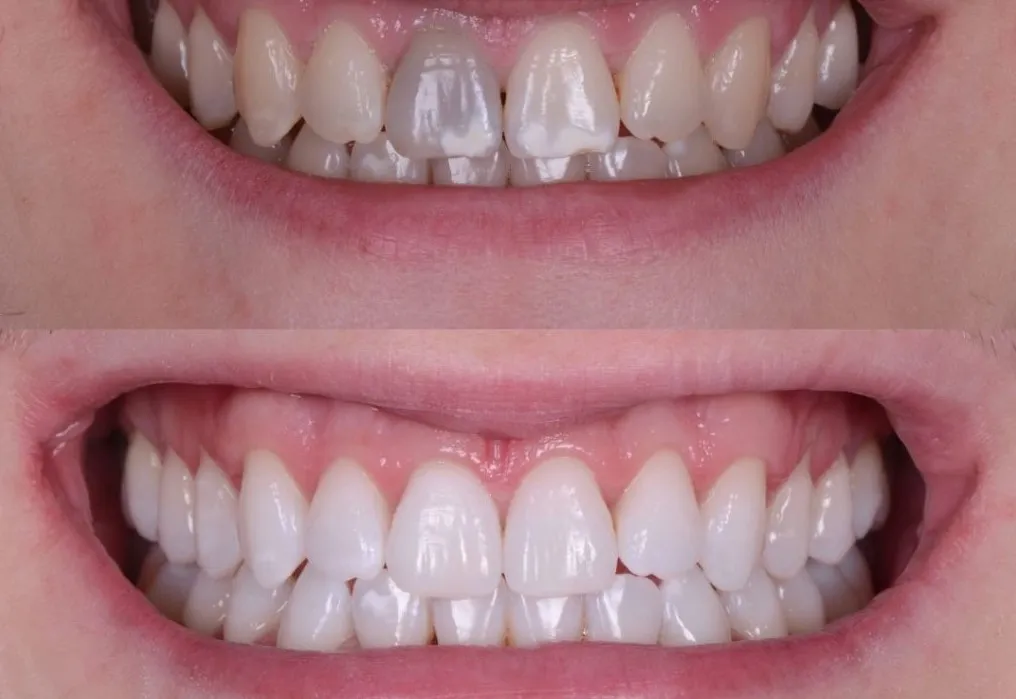If you’re anything like me, you won’t think too much about the position you adopt while sleeping.
Picture it: you’ve come home from a(nother) long day at work, played with the kids, cooked food, put the kids to bed, and maybe had some time to relax in front of the TV or read a book, so when it comes time to finally hit the hay, you’ve got just about enough energy to drag yourself to the bedroom and turn the lights out before you fall asleep.
People’s schedules differ, of course, but my point is that I’ve never really given much thought to how I sleep. The important thing is that I actually get enough shut-eye before the madness begins anew tomorrow, right?
Well, apparently not. It might not come as a surprise to learn that there’s a lot going on in your body when you grab your recommended eight hours (often less, I’ll admit, in my case). As such, it might actually bear thinking about the manner in which you claim those hours… even down to something as seemingly flippant as the side you lie on.
Most of us have a preferred ‘sleeping style’, as it were. That is to say a side of preference while we’re claiming our forty winks. Some opt to sleep on their right side, some on their left. Heck, some adopt the pharaoh stance and sleep the whole night through while lying on their back.
But it turns out that there are a host of potential health benefits that come with sleeping on your left side, and we thought it only right that we share a number of them with you fine folk, our beloved readers.
So, where’s all this coming from? Well, a few different online sources actually, and while the side you sleep on will ultimately come down to personal preference when comfort is taken into account, sleeping on your left side is said to help with the following:
Nighttime Heartburn
If you suffer from acid reflux or gastroesophageal reflux disease, sleeping on your left side may provide some relief. This position helps to keep the stomach below the esophagus, thereby lowering the risk of acid flowing back into the esophagus, which often leads to the uncomfortable sensation of heartburn.
Spleen and liver function
Then we have spleen function. Sleeping on your left side assists blood flow to the organ, helping it to function more effectively in filtering impurities from your body and supporting your immune system.
Similarly, your liver can also benefit, since it’s positioned on the right side of your body. Opting to sleep on your left side contributes to better detoxification, aiding your body in processing any toxins and substances.
Pregnant women
According to Sleep Foundation, pregnant women should sleep on their left side when possible, as it makes it easier for the heart to pump blood through the body. This is especially important during the last trimester, as left-side sleeping alleviates pressure on the liver (as mentioned above), and supports heart function.
Side-sleeping in general is considered safer during pregnancy, since sleeping on one’s back has been associated with an increased risk of late stillbirth in some studies.
Healthy bowel movement
The ileocecal valve (don’t worry, I’ve never heard of that either), connects the large and small intestines, and is located on the left side of your body. Reportedly, sleeping on your left side helps to better promote the movement of waste from the small to the large intestine. Gravity aids in the process, thereby contributing to improved bowel movements and improving waste elimination.
When to consider a switch in sleeping position
All that said, sleeping on your left side isn’t a must, and different sleeping positions are known to offer different benefits.
What’s most important is that you’re comfortable throughout the night and prepared to switch positions if you find that one particular position just isn’t working for you. Side sleeping, for example, can exacerbate existing pains in, say, your shoulders, since you’re naturally putting more weight on one side if you’re lying in the same position for hours at a time.
We hope you’ve learned at least something from this article. Do you have a preferred position when you sleep? If so, help us get people talking and share it in the comments.



